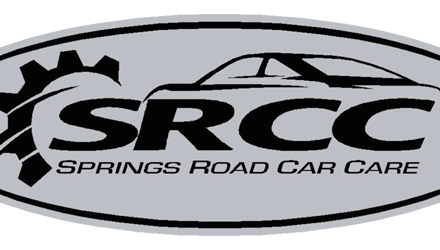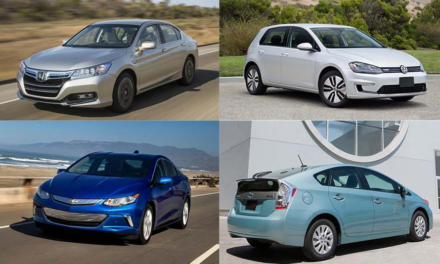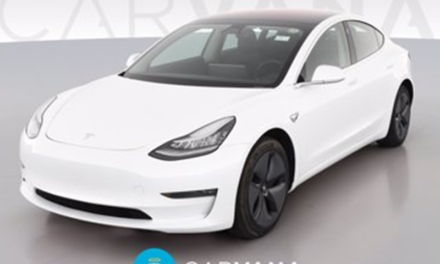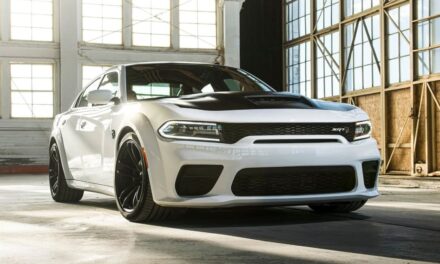AI is an emerging trend in the automotive industry, which has several potential applications. OEMs are using AI algorithms in sales and marketing to predict demand for new car models, adjust pricing, build specific configurations, and offer personalized marketing. These applications are made possible by data collected from connected cars, such as smartphone users’ location data. Manufacturers are using AI to develop autonomous vehicles and use predictive analytics to enhance their cars. Several companies are leveraging AI to improve the flow of production.
AI also plays an important role in driver assistance technology. It is the technology that constantly monitors the driver’s actions and preferences, and then navigates the car to the desired location. These advanced technologies make travelling safer, more enjoyable, and less taxing. These technologies are also empowering OEMs to partner with software companies to create the optimal driving environment. But what does AI actually do for consumers? Which applications are most useful for carmakers?
AI has been installed in 5-10% of cars as of 2015, but this number is expected to rise dramatically over the next eight to ten years. In this time, artificial intelligence in the automotive industry will not be a novelty; it will become an integral part of the manufacturing process. And as the Internet of Things spreads, more manufacturers will begin using AI in their operations. For now, the benefits are numerous. Aside from the obvious benefits of incorporating AI into the manufacturing process, it has also been proven to be a great investment.
China is a key player in the automotive artificial intelligence market. In 2018, the number of automotive OEMs working with AI increased from five percent to nine percent. The AI giants in China are taking a comparatively “open” approach to the industry. The Chinese internet giant Baidu developed the Apollo open source platform, which was later adopted by more than 130 businesses. By 2027, the automotive artificial intelligence market is projected to reach $15 billion.







I’ll immediately clutch your rss as I can’t in finding your email subscription link or e-newsletter service. Do you’ve any? Please permit me recognize in order that I may just subscribe. Thanks.